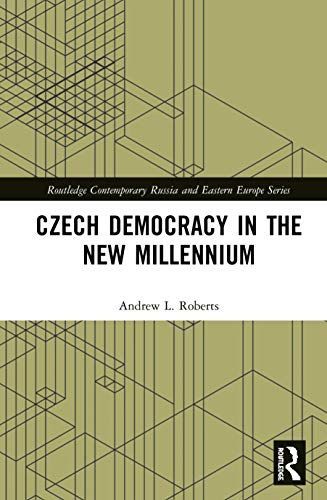
Czech Democracy in the New Millennium
This book assesses the quality of Czech democracy relative to both its postcommunist peers and older EU members. As one of the few places to have avoided the authoritarian tendencies and illiberal outcomes of its post-communist neighbours, this book explores whether the Czech Republic is really an outlier within the region. Prioviding an analysis of the functioning of Czech democracy at a time when many have lost faith in it, the book elaborates an original conception of democratic quality that emphasizes three aspects of governance: responsible party government, political inequality, and citizenship. The authors show that while the Czech Republic falls short of Western democracies on these standards, it does perform better than most of its peers. The book includes a new conceptualization of democratic quality as well as original data on campaign promises, dual mandates, legislative productivity, the wealth of MPs, the opinions of millionaires, women's representation, and the stability of public preferences. The book will appeal to those interested in the politics of Eastern Europe and new democracies, those working in the rapidly growing field of democratic quality and the rise in populism across the developed world as well as NGOs concerned with the development of new democracies around the world.